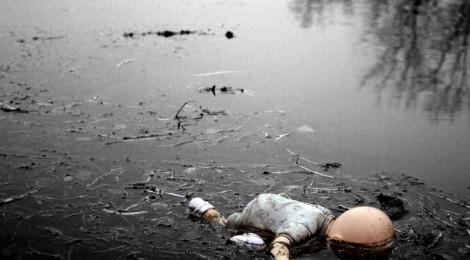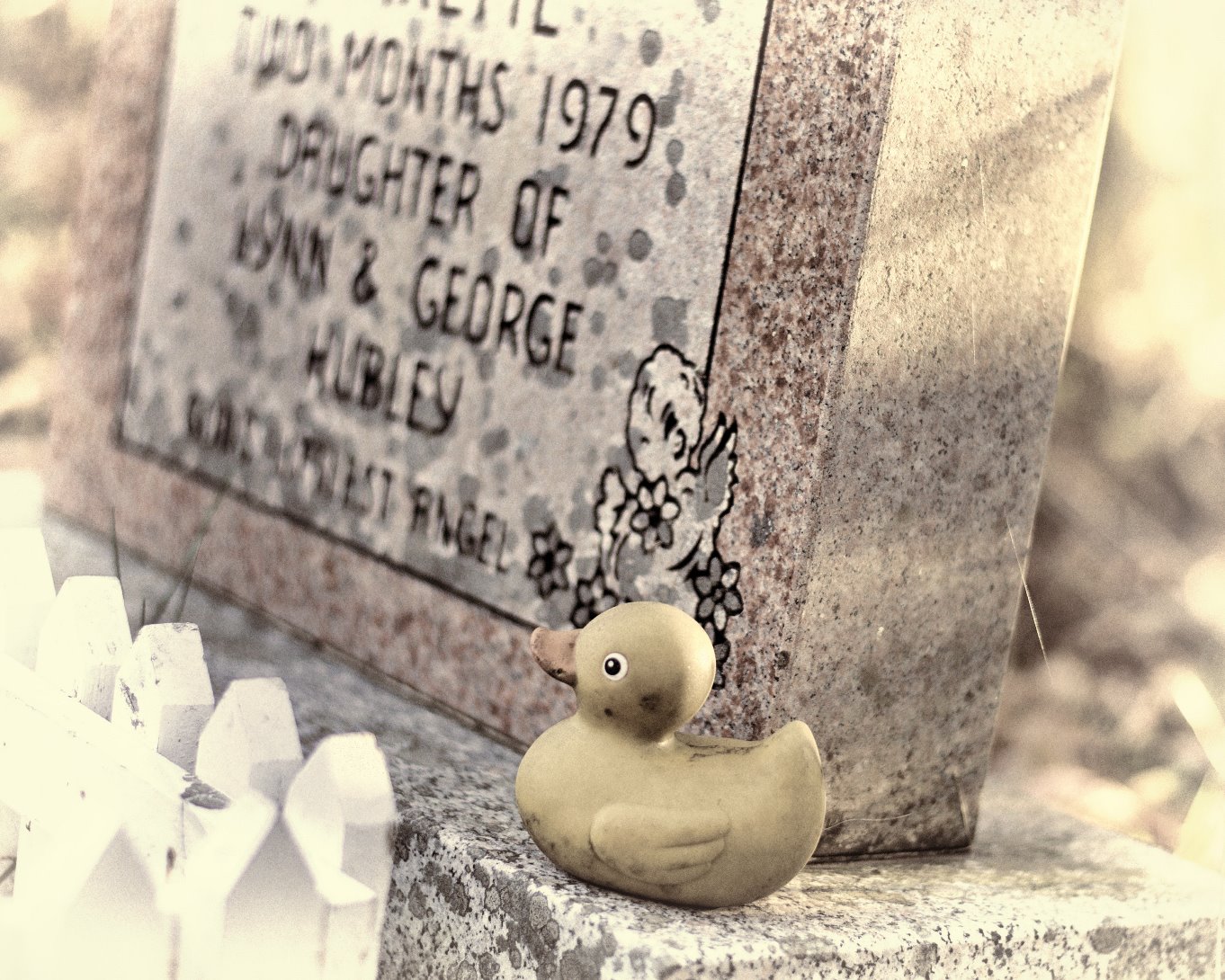
When Parental Choices Have Fatal Consequences
The loss of a child, one of the most painful experiences a parent can go through, is made that much worse when the parent’s own decision-making may have been a contributing factor.
The World Health Organization’s 2008 World Report on Child Injury Prevention states that approximately 950,000 children age 17 or under were killed by an injury in 2004, 87% of which were due to preventable causes. According to the Centers for Disease Control and Prevention, crash-related injuries are the leading cause of death in children. Accidental drownings, poisonings, falls, and suffocation are also common.
While unintentional injury results in the greatest number of child deaths, the recent controversy surrounding vaccinations has increased fatalities from preventable illnesses as well.
The Anti-Vaccination Body Count states that from June 2007 to May 2015, there were 9,020 U.S. deaths that could have been prevented by vaccines, with the majority being children.

Unfortunately, parents of unvaccinated children contracting a fatal illness are forced to live with the devastating consequences of the decision not to vaccinate.
Shannon Duffy Peterson knows firsthand the turmoil parents feel when their child contracts a preventable illness. Peterson and her husband had initially planned to vaccinate their children, but their pediatrician did not recommend it. In 2001, Shannon’s five-year-old daughter Abigale was infected with chickenpox, which developed into pneumococcal disease. Abigale died en route to the hospital.
Although the loss of a child is painful in its own right, the preventability of death greatly complicates the grieving process for parents. Those who think they could have done something to protect their child experience greater distress and guilt, stemming from a failure to keep the child safe.
The more preventable the loss is perceived to be, the greater the impact.
The nature of the death also plays a role. In a study by researchers Ariella Lang and Laurie Gottlieb at McGill University, sudden loss further intensifies the grief response, as there is no opportunity to brace oneself for the death. Anticipatory grief—the reaction that occurs before an impending loss—is absent.
This lack of emotional preparation for the death results in shock, guilt, anger, despair, and hopelessness. For this reason, parents who witness their child’s death often experience psychological distress in the form of posttraumatic stress disorder (PTSD), prolonged grief disorder (PGD), and major depressive disorder (MDD).

Yet despite the severity of parental suffering, some struggle to empathize with parents who grieve the loss of a child whose death they may have been able to prevent.
Disenfranchised grief occurs when, following a significant loss, social perceptions of the loss imply that the person does not actually have a right to grieve. Parents who lose a child to preventable causes are often harshly judged for negligent parenting, resulting in the absence of social sympathy and support.
Janet Brown Lobel, a clinical psychologist in New York City states:
“The idea is such a horrifying prospect for parents that the only way they can deal with it is to make themselves feel as different as possible from the parent who did this. That parent becomes a neglectful parent with whom you have nothing in common. Therefore, you don’t have to think about this tragedy because it could never happen to you.”
The stigma surrounding these parents may make already high levels of grief even more difficult to work through. Further, interventions for these specific circumstances are scarce and community resources are lacking.
It’s easy to lay blame. But parents who lose a child to preventable causes may be blaming themselves enough already.
-Eleenor Abraham, Contributing Writer
Photo Credits:
Feature: jason-ehrig on DeviantArt
First: katnip97 on DeviantArt
Second: Teresa Alexander-Arab on Flickr



